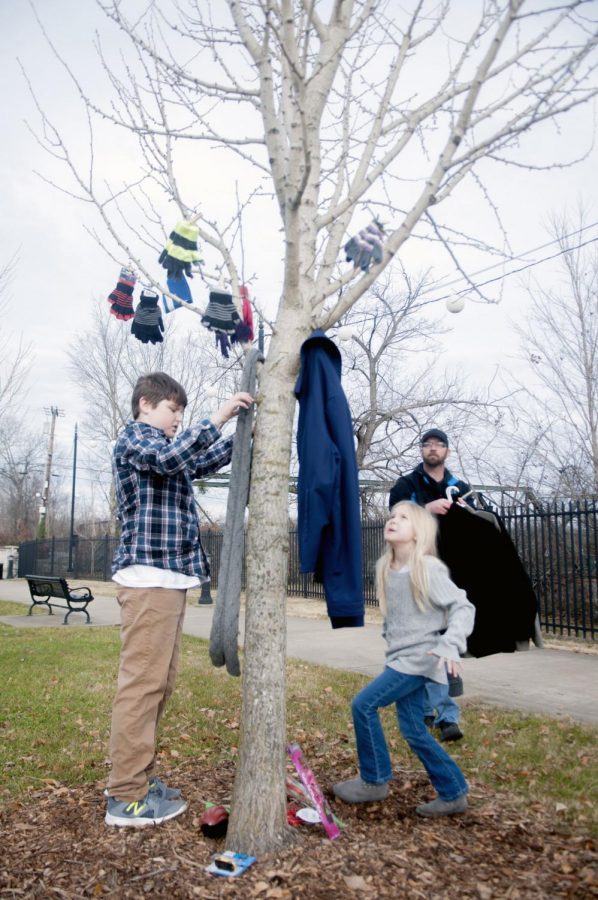Mind Melting Mushrooms Mend Mental Illness
October 13, 2021
By: Anthony Clauson
Mental illness is something that millions of people suffer from, and modern medicine can have a hard time providing aid for these people. Recent studies, from the Scientific American and John Hopkins Medicine have turned to the natural world, specifically with mushrooms, to try and act as a treatment for a variety of mental illnesses. This research is still fairly new and there are many stigmas around the world of psychedelics, but how effective are these “magic” mushrooms at helping people with mental health problems?
Mushroom therapy is a new developing method of treating mental illness using psychedelic mushrooms. The documentary Magic Medicine explains that certain fungi can produce a chemical compound known as psilocybin, which has mind-altering properties. Psilocybin causes visual and auditory hallucinations, makes one more sensitive to sensory input and can change one’s perception of time. In the documentary Fantastic Fungi a Mycologist, a scientist who studies mushrooms, can be seen isolated psilocybin and administering a controlled dose to those seeking the therapy. The patient will be put in a relaxing environment with a licensed psychiatrist who will lead them through a therapy session as seen in the documentary Fantastic Fungi. Due to the effects of these fungi the therapy sessions feel significantly longer to the patient, and brain scans show that psilocybin will cause the chemicals in a patient’s brain to reset and rebalance.
So far, studies have shown that psychedelic mushrooms are quite effective in helping mental illness. According to John Hopkins Research Hospital, “In a small study of adults with major depression, Johns Hopkins Medicine researchers report that two doses of the psychedelic substance psilocybin, given with supportive psychotherapy, produce rapid and large reductions in depressive symptoms, with most participants showing improvement and half of the study participants achieving remission through the four-week follow-up.” People across different studies by John Hopkins Medicine or the Magic Medicine documentary, have experienced weeks, months, or even years with significantly fewer symptoms of depression. It must be kept in mind that in terms of research, mushroom therapy is still a relatively new treatment and we are still collecting data to see the effectiveness of it. In another study mushroom therapy helped people overcome their cigarette addiction. According to The Scientific American “At the six-month mark, 80 percent of smokers in the pilot study (12 out of 15) had abstained from cigarettes for at least a week.” Smoking is an incredibly addictive habit and combating it with mushroom therapy was a big leap for all psilocybin research.
Psychedelic mushrooms are quickly becoming more popular because, unlike modern medicine, mushroom therapy is shown to work across a wide variety of mental issues such as depression and cigarette addiction. Everything from severe clinical depression, PTSD, Alzheimer’s, and addiction, mushroom therapy has been shown to have an impact. In an interview with the The Scientific American, Ronald Griffiths who leads a research team in psilocybins effect on depression and alcoholism, said “One of the remarkably interesting features of working with psychedelics is they’re likely to have transdiagnostic applicability.” The diversity in research is proving psilocybin can provide new ways of helping those suffering with mental illness, in a “one stop shop” type treatment.
This is but a small dive into the world of psychedelic research. Mycology is still a new and developing field with many discoveries to still be made. But so far psilocybin has proven to be an effective treatment towards mental illness and has provided incredible aid to those suffering from depression, addiction, PTSD, and dozens of other mental issues.
Sources- John Hopkins Medicine
The Scientific American
Fantastic Fungi
Magic Medicine
Edited By
Zeke Ewing, Andrew Zies, Emerson Graber

